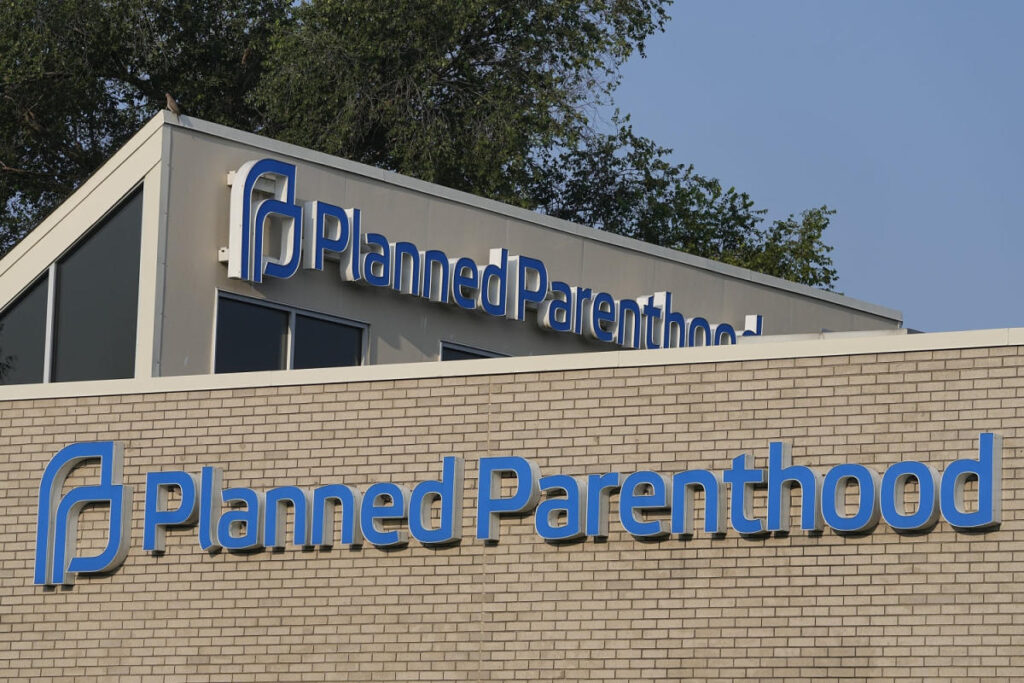Senator JD Vance, the Republican vice presidential nominee, affirmed the consistent anti-abortion stance of former President Donald Trump, particularly regarding the defunding of Planned Parenthood. At a recent rally in Butler, Pennsylvania, Vance responded to a reporter’s inquiry about whether a future Trump administration would seek to defund the reproductive health care organization. He stated that the campaign’s view has not changed, highlighting the belief that taxpayers should not finance late-term abortions. This perspective aligns with Trump’s historical position during his first campaign and reflects broader Republican opposition to organizations like Planned Parenthood, which is known for its pro-abortion-rights advocacy. The conversation touches on the recent statistics from the CDC, indicating that a vast majority of abortions—over 93%—occur before 13 weeks of gestation.
In light of Vance’s comments, Lauren Hitt, spokesperson for Vice President Kamala Harris’s campaign, criticized the potential implications of a second Trump term for women’s rights. Hitt emphasized that the only way to protect women’s reproductive freedoms against Trump and his allies is to support Harris, who is expected to champion healthcare access. This sentiment has been echoed by Democratic leaders who claim that Trump’s agenda poses a significant threat to women’s rights—an assertion tied to his previous remarks about abortion. In this political climate, Trump has attempted to navigate a more moderate public persona regarding abortion, recently expressing intentions to veto a federal ban on the procedure.
The Trump family’s views on abortion have also drawn attention, especially comments attributed to Melania Trump in her forthcoming memoir, where she reportedly expresses support for women’s autonomy over their bodies. This revelation contrasts sharply with the more traditional Republican viewpoint and suggests potential internal conflict within the party about how to frame their policies on women’s reproductive rights. Trump’s approval of his wife’s perspective, alongside his claims about allowing her to express her beliefs freely in her writing, reveals his effort to maintain appeal among a broader audience as he prepares for the upcoming election.
Polling data reveals a significant preference among voters for Harris over Trump when it comes to handling abortion-related issues, with a notable 54% favoring her approach. Vance candidly acknowledged the Republican Party’s struggle to regain public trust concerning abortion rights during last week’s vice presidential debate. He emphasized the need for the party to improve its outreach and communication on this sensitive topic, recognizing the apprehensions of voters who may view Republicans as less trustworthy on issues affecting women’s rights. This admission points to a growing awareness within the party about the importance of fostering genuine connections with constituents on these matters.
Despite attempts to position himself more centrally within the abortion debate, Trump’s previous actions during his administration speak to a more aggressive anti-abortion policy, evidenced by his appointments to the Supreme Court and the dismantling of Roe v. Wade protections. Trump publicly celebrated his success in overturning this landmark decision, framing it as a pivotal achievement of his presidency. His administration also initiated changes that led to Planned Parenthood’s withdrawal from federal funding programs, which posed challenges for women’s health services across the United States.
In summary, the ongoing discourse surrounding abortion rights illustrates a complex electoral landscape for both major parties. While Vance’s recent remarks reinforce Trump’s longstanding opposition to organizations like Planned Parenthood, they are set against a backdrop of Democratic criticism and shifting societal attitudes regarding reproductive health. The contrasting narratives and priorities highlight the challenges that Republican candidates, including Vance, face as they navigate voter concerns and party ideologies ahead of the November election. With the public increasingly scrutinizing candidates’ stances on such pressing issues, this political battleground is likely to remain a focal point in the upcoming campaign.

